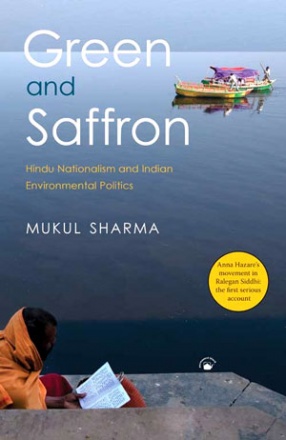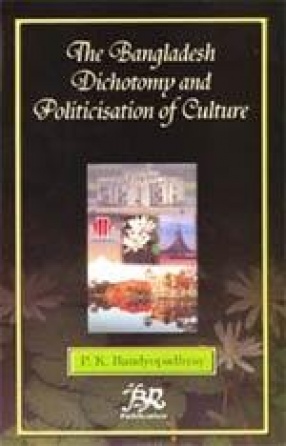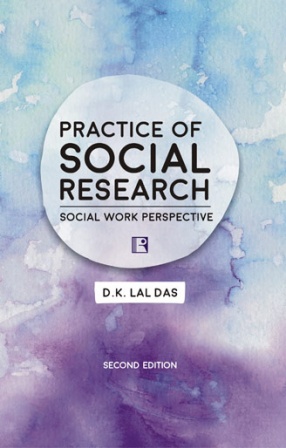This book examines contemporary environmental issues and movements in independent India on the one hand, and the development of Hindu conservative ideology and politics on the other. It includes the first thorough investigation of Anna Hazare’s movement in Maharashtra.
Mukul Sharma argues that these two social currents—environmental conservation and Hindu politics—have forged bonds which reveal the hijacking of environmentalism by conservative and retrograde worldviews. This, he says, constitutes a major aspect of hinterland political life which neither academics nor journalists have seriously analysed. Environmentalism and politics cannot be seen as separate from each other, for environmental issues are being defined in new ways by an anti-secular form of Hinduism. In turn, Hindu ideologues are gaining mileage for their ideology by espousing major environmental projects.
Anna Hazare’s impact is studied in detail through a careful field investigation of his environmental initiative in Ralegan Siddhi. Sunderlal Bahuguna’s opposition to the Tehri Dam in the Garhwal Himalaya is outlined with great anthropological subtlety. And the regeneration of Vrindavan’s urban and riverine hygiene by internationally funded NGOs is subjected to a historical scrutiny that includes an examination of how Lord Krishna has been redefined as the great god of conservation.
Sharma discusses Nazi Germany and fascist appropriations of environmentalism in Europe to contextualize Hindu conservative nationalists within a larger universe. By pinpointing the communal and authoritarian discourses within some of the new social movements, his book alters the way in which we look at everyday life in the subcontinent. For, says Sharma, at stake in this intermeshing of environmental Green and Hindu Saffron is nothing less than the way Indians understand their humanity.







There are no reviews yet.